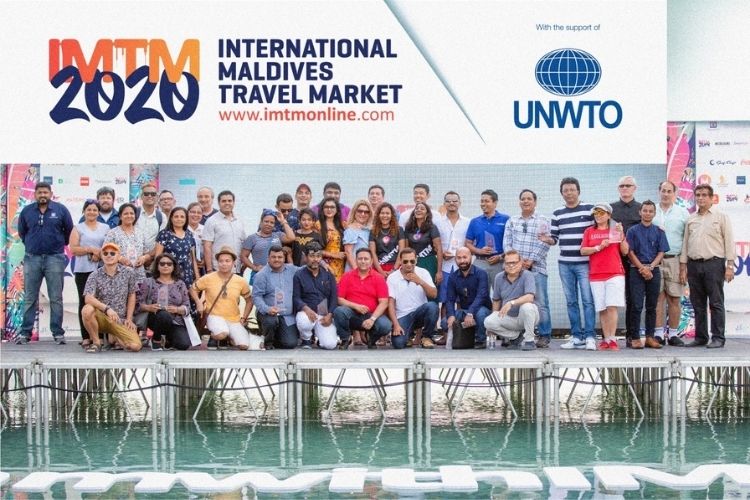The World Tourism Organization (UNWTO) has offered its support to the International Maldives Travel Market (IMTM) in regard to its 2020 virtual event. IMTM 2020, is the first of its kind concept of online travel and trade fair in the Maldives.
The United Nations specialized agency entrusted with the promotion of responsible, sustainable, and universally
accessible tourism is to support IMTM. Since they strive towards their common goal of restoring the tourism and the travel industry to a state of resilience. And also sustainability to withhold against the ongoing strains inflicted on the industry by the global pandemic.
The Maldives is a long time member of UNWTO. This allows both parties to efficiently disseminate relevant information through their current activities to provide support to the sector. The UNWTO prioritizes improving tourism competition and sustainable tourism development. Which is among many of their other objectives, through; knowledge creation and exchange, human resources development, and optimal use of environmental resources.
The IMTM 2020 virtual event aims to Reconnect, Revive, and Grow the travel industry. This is possible through providing international buyers, including tour operators and agencies, a platform with the opportunity to conveniently connect and conduct business with local accommodation providers such as; resorts, hotels, and guest houses, located in the Maldives, during such strenuous times.
IMTM earlier stated that the local community of the travel and tourism domain must come together on a common platform. This is to identify the challenges, find the solutions, and explore the opportunities to overcome the pandemic, for better and sustainable growth of the Maldives tourism industry.
Also read: International Maldives Travel Market Goes Virtual this October 2020
During these tough and challenging times, IMTM is offering the opportunity to conduct business in a virtual environment. This virtual exhibition is a part of IMTM’s broader plan to gradually reopen the travel, tourism, and hospitality sector to new markets.







